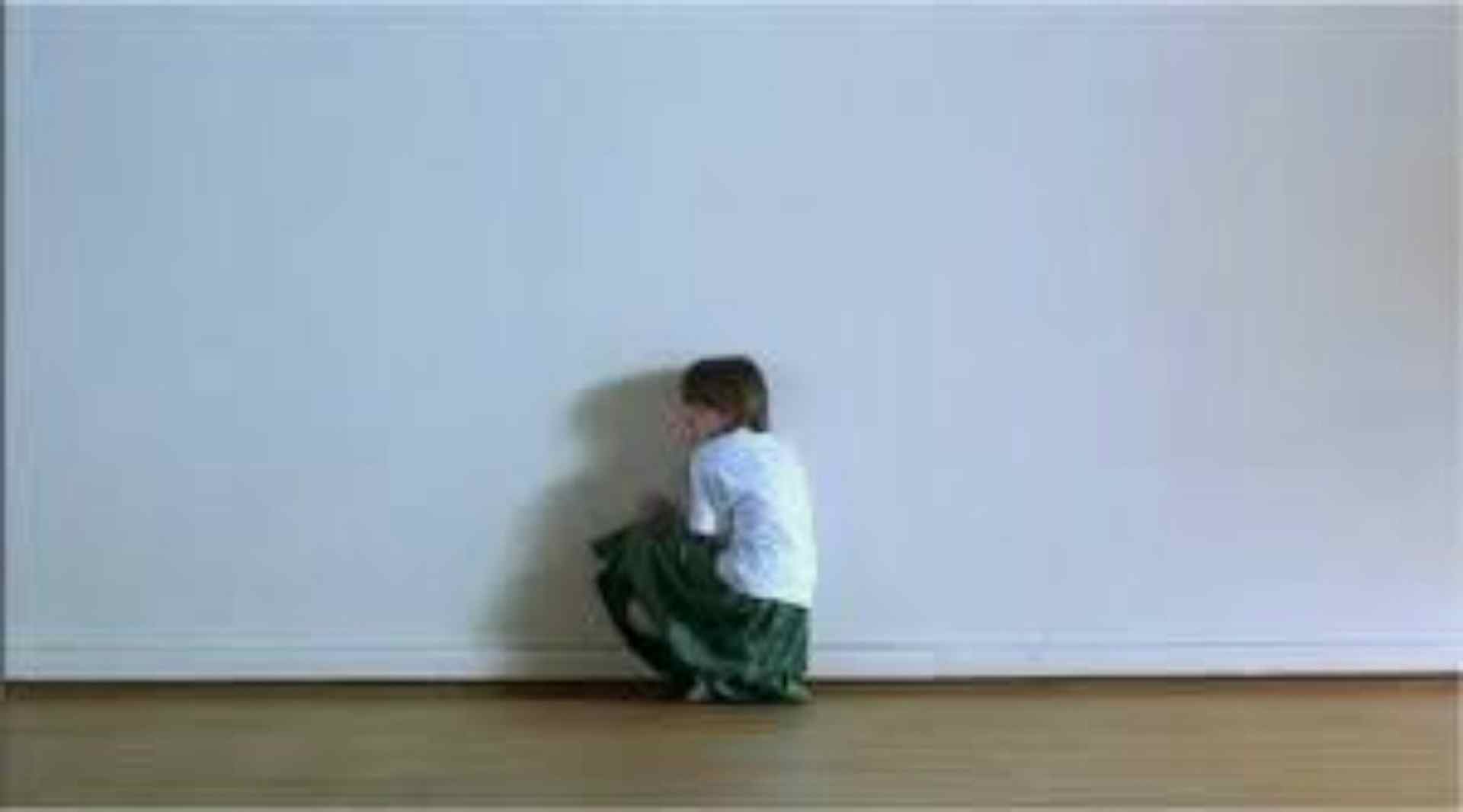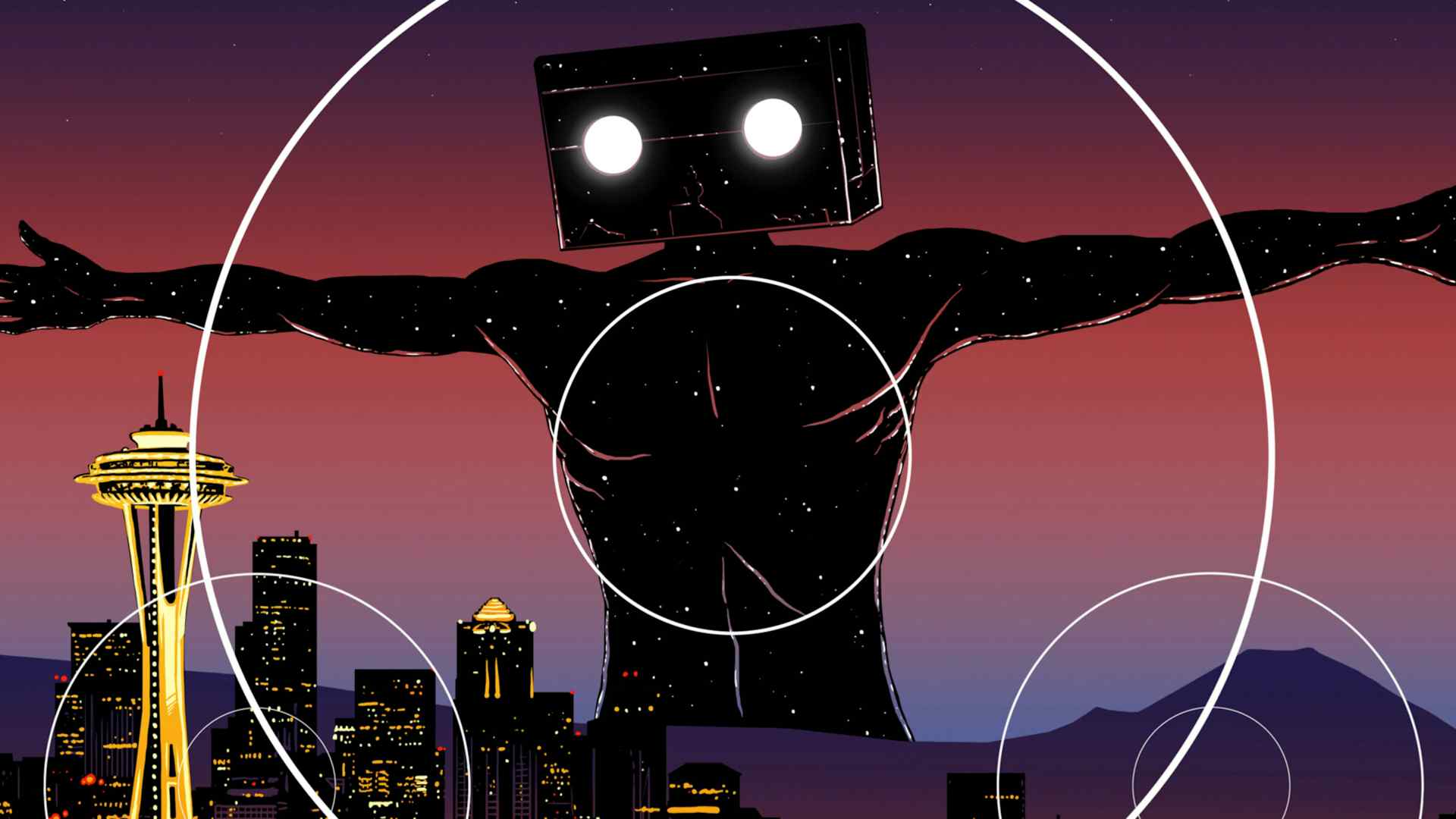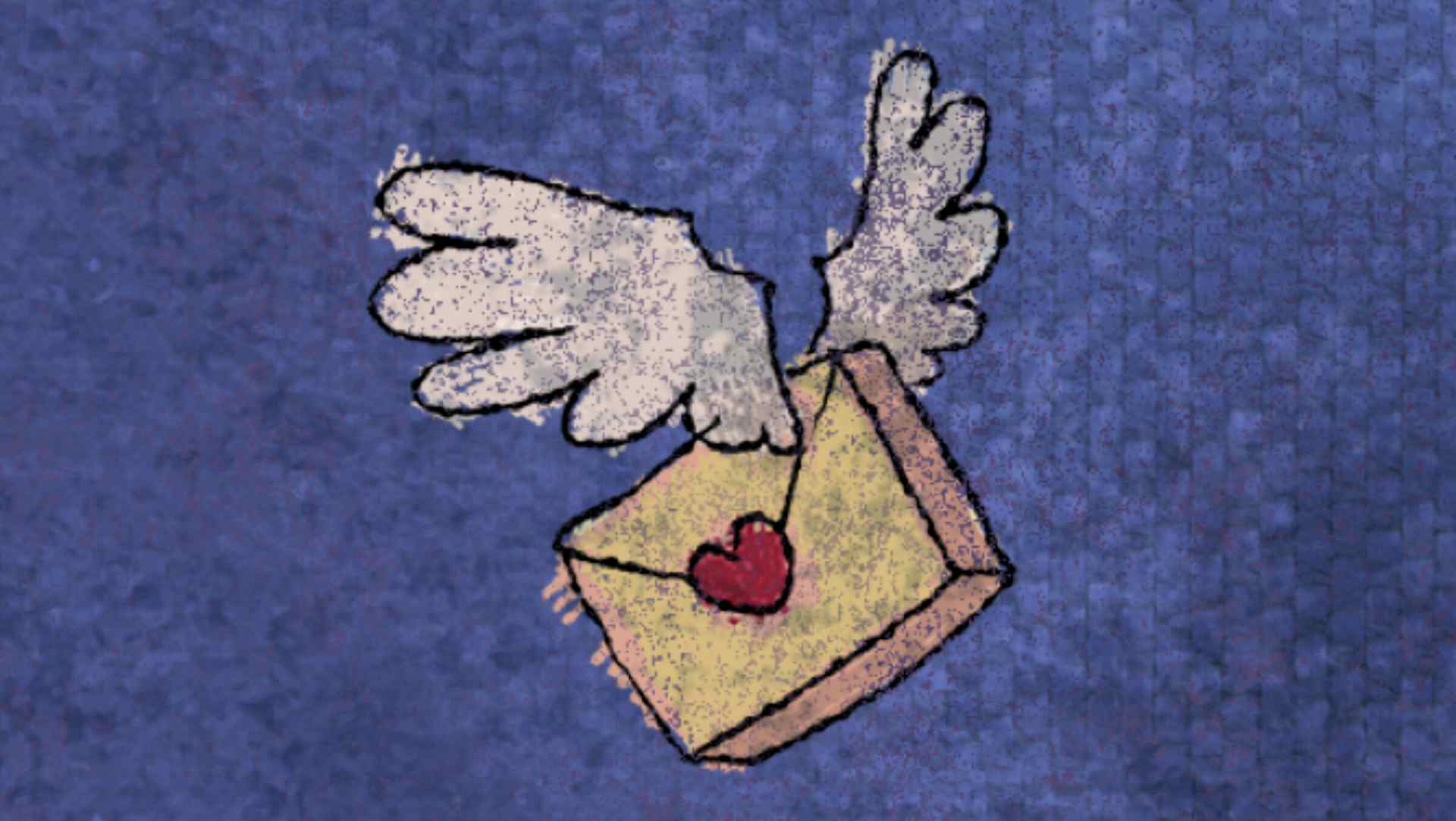Robert Horton is a Scarecrow board member and a longtime film critic. This series of "critic's notes" is chance to highlight worthy films playing locally and connect them to the riches of Scarecrow's collection.

Anh Hung Tran's very enjoyable The Taste of Things is playing Valentine's Day at SIFF Uptown, a one-off that presumably anticipates a longer run in the future. Juliette Binoche stars, and Juliette Binoche is splendid, as she always is. If there is another actress alive who has been as adventurous and worked with as many world-class filmmakers as Binoche, I would like to hear about it. I've reviewed a lot of her films over the years, but I decided to retrieve a piece on one of her most adventurous projects, Michael Haneke's Code Inconnu (2000), originally published in Film Comment's Nov.-Dec. 2000 issue, for the "Distributor Wanted" column. The question is ask in the opening sentence has been answered in the affirmative a few times over by now; I think I was making a point about how difficult it was to see Haneke's TV work. Binoche worked with him again on Caché, a masterpiece.
Code Inconnu
Is Michael Haneke a modern master? We’ve had so little access to his TV movies (which comprise the bulk of his filmography) outside Europe that the answer may have to be given by a mezzo-European critic familiar with the scope of his work. Based on Benny’s Video, 71 Fragments of a Chronicle of Chance, and Funny Games, this is unarguably a director of authority. Master status or not, it is nevertheless a source of frustration that Haneke’s latest film, Code Inconnu, should be having a difficult time finding a U.S. distributor. Even having a bona fide Oscar-winning movie star in a central role hasn’t done the trick.
Code Inconnu certainly begins like the work of a master. On a Paris street in midday, a woman, Anne (Juliette Binoche), steps out of her building, strides off screen right, and is stopped by a young man—Jean, the brother of her boyfriend. He couldn’t get inside to see her because he doesn’t know the new code to her building—a pun on the title, but also a set-up for the film’s powerful penultimate shot. They travel down the sidewalk as she stops to get some pastries, explaining that she is late for a meeting but the teenager can crash in her apartment for a bit.
Having traveled a couple of blocks along the busy street, the camera, which has been noncommitally paralleling this conversation, now reverses with Jean as he heads back toward the apartment. Halfway there he pauses to listen to some street musicians. Crumpling up a paper bag from the pastries, he (thoughtlessly? intentionally?) throws it into the lap of a middle-aged woman begging for coins on the corner of the alley. Blankly moving on, Jean is accosted by a black kid, Amadou (Ona Lu Yenke), near his own age. Amadou saw the littering, and insists that Jean apologize for humiliating the woman. Anne returns to break up their fighting, the gendarmes step in, and this violent but not especially unusual moment is the splash that sends ripples throughout the rest of the picture.
This kind of shot—unbroken for eight minutes—makes for a bravura opening sequence, something Max Ophuls might have dreamed up to link character destinies, if Ophuls had lived to the age of grunge. But it’s not actually the first sequence, although it feels like it. Code Inconnu begins with a prologue in which a little girl, whom we quickly sense is deaf, acts out a charades concept for her classmates at a school for the hearing-impaired. The other kids try to guess the idea—“fear”? “alone”?—but she shakes her head at each suggestion, and the title card comes up before we can discover what exactly she meant.
The film carries a subtitle, Incomplete Tales of Several Journeys, suggesting the overall pattern. The beggar woman is Maria (Luminita Gheorghi), from Romania, and we will follow her journey as she is deported following the littering incident. The scenes of her family life reverberate against the Eastern European experiences of Georges (Thierry Neuvic), Anne’s boyfriend, a photographer who has been taking pictures in Kosovo. His stark reality shots contrast with Anne’s profession, acting; she is seen rehearsing for and then shooting a movie thriller. We also follow Amadou and his family: his father an immigrant cab driver, his mother a believer in voodoo-like causes for the family’s woes.
These pieces come to us in discrete sequences, often made up of a single shot each. The editing is off-cadence, sometimes cutting in mid-sentence to the black leader that separates the scenes. Haneke’s theme is “involvement,” or non-involvement, as we sense from the street scene at the beginning; how, and to what degree, should these people get involved—with their family, lovers, or strangers in the street or on the subway? How does a photographer become involved in the dying people he is photographing? (Later, Georges rigs a camera so he can take pictures of unsuspecting subway riders, thus perfecting non-involvement.) One sequence consists of Anne at home in her comfortable apartment, temporarily muting the TV when she hears the sound of a child screaming somewhere in the building. What’s the next step? To find the child? Or put the volume back up and get on with the thousand other things that we have to do in the course of a day?
The movie itself struggles to involve its various pieces with each other, but montage achieves its linking. If we can glean meanings from the overlappings of these people, they cannot. A pivotal scene, midway through the film, takes place in a café. (How many Paris movies do not have pivotal scenes in cafés?) Anne and Georges are out for dinner with friends; she is describing the absurd plot of the movie she is acting in, called The Collector. Georges speaks of seeing war in Eastern Europe, but Anne interrupts by asking about a dentist, and the conversation moves on to lighter things. Amadou then breezes past the camera with a date, and the camera joins them for an eccentric conversation that includes a story about his father’s emigration from Mali to France.
Anne recognizes him, and points him out to Georges—but the scene ends, and we don’t find out what happens. Like the stories of her movie and Amadou’s father, we only get the “incomplete tales.” This sense of open-endedness, so common now in world cinema that it is nearly epidemic, feels truer, and more vital, than the truculence of Haneke’s Funny Games. Funny Games may have been the director’s most accessible movie—“accessible” being quite an elastic concept in this context—and it is certainly brilliantly executed, but it’s a great deal of effort, and mayhem, expended on what is ultimately a not terribly fresh idea. (Movies are selling us false notions of the world, in case you hadn’t heard.) The participation of the audience in sadism, and the short-circuiting of narrative expectations (the shredding of the old if-a-gun-is-shown-in-the-first-act-it-must-go-off-in-the-third-act dogma) have been done before; check out Kubrick and especially The Shining for more details. It’s a reductive film in ways that 71 Fragments and Code Inconnu are not.
All the more reason to grant Code Inconnu its admittedly challenging spot in the current movie firmament—and applaud a star on the order of Juliette Binoche for pushing such a project. Binoche, her face looking leaner and harder with age, could hardly have had an easy time with the circles-within-circles business of playing an actress confronted with the basic irony of an actor’s life: reel emotions come easily and expertly, real emotions are crabbed and stunted. In one scene, shot from the back of a theater, Anne stands onstage rehearsing a monologue from Twelfth Night, pouring her heart out to no response from anybody, if there is anybody, in the darkened seats. “Is anybody out there?” she inquires after a long silence, just before the shot snuffs quickly to black. Well, audience? Michael Haneke is asking you a question.
February 9, 2024


